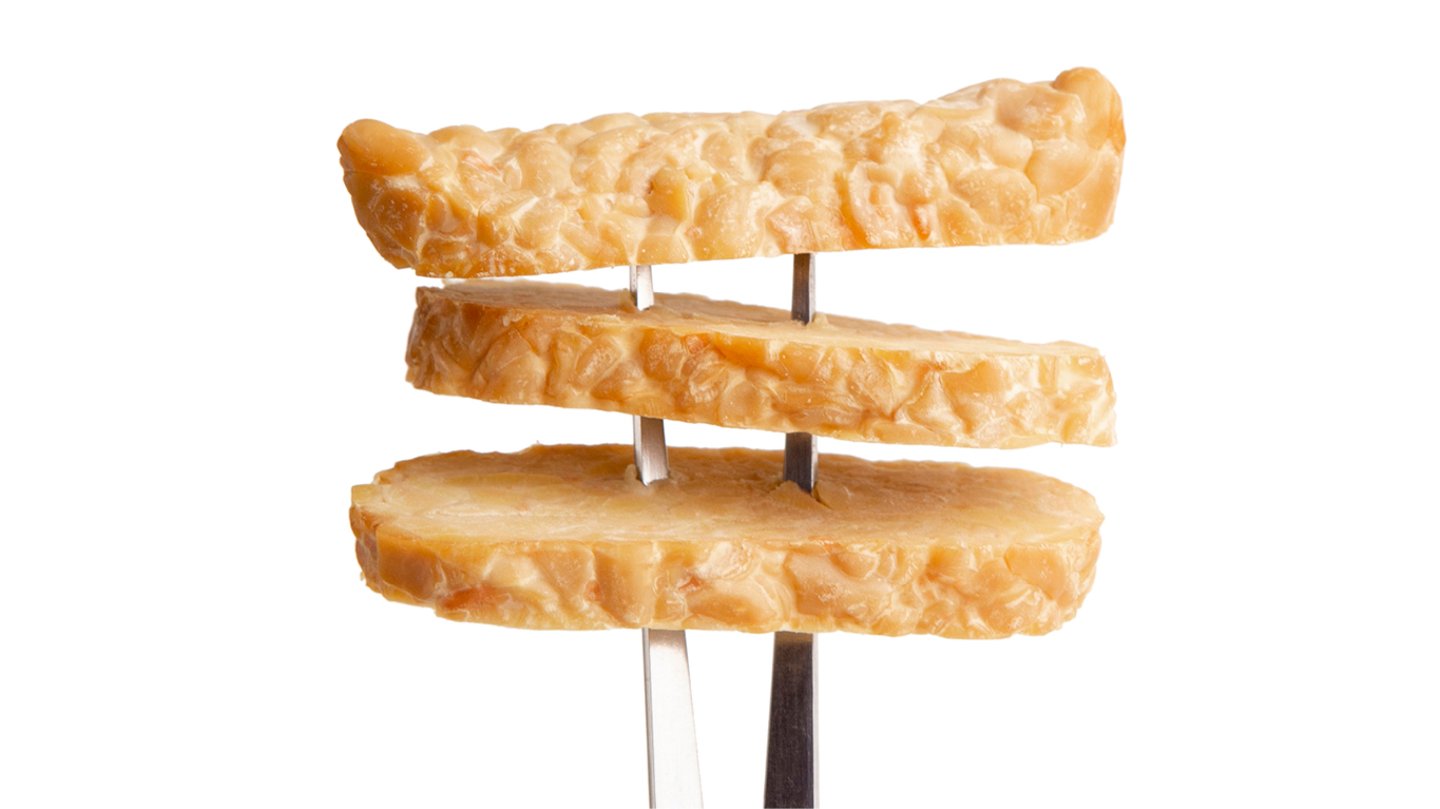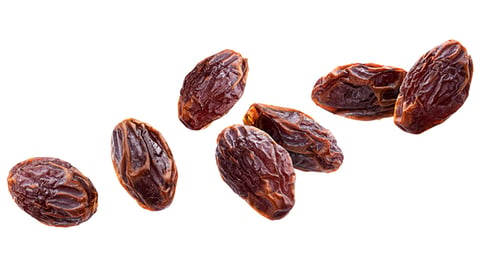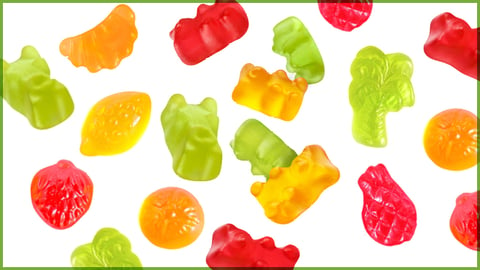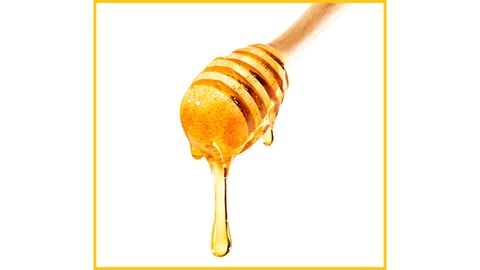Four things to know about tempeh
Move over, tofu
Part of the soy family with tofu (which it’s often merchandized next to), tempeh dates to 16th century Indonesia and is made by fermenting soybeans and forming them into a firm, dense, cakelike structure that can be sliced, crumbled or cubed.
Nicole Ensoll, registered holistic nutritionist and category manager at Ontario grocer Nature’s Emporium, says the fermentation of the legume improves “its digestibility, ensuring that your body can efficiently absorb its goodness.” That goodness includes “amino acids, essential B vitamins, and vital minerals such as iron and calcium.” Higher in protein content than tofu with a “nutty flavour,” Ensoll calls it “an excellent meat alternative.”
Plant-based outlier
While sales in the refrigerated plant-based meat alternatives category declined 13% over the 52 weeks ending June 17, 2023, tempeh sales have remained flat (at $3 million), according to NielsenIQ Canada. Adam Grogan, president of alternative proteins at Maple Leaf Foods and president of its subsidiary Greenleaf – which makes Lightlife brand refrigerated tempeh—says the fact tempeh “is not being impacted” the same as other meat alternatives gives the company “great confidence” in its growth potential.
Recipe for success
To maximize the sales potential, “demonstrate for consumers how easy tempeh is to prepare,” says Kathy Perrotta, vice-president of market strategy and understanding with Ipsos Canada.
Why? “Because for the first time last year, cost was up there alongside health consciousness and environmental consciousness as to why people are reducing their meat consumption,” Perrotta explains. “And so, people who have been hearing about tempeh but sitting on the fence are now willing to try it.”
Grogan says Lightlife is “focused on tempeh recipe development, including with food influencers” and “providing recipe and product inspiration” on shelf signage and online. (Think Southwest tempeh tacos or Buffalo tempeh salad!)
Nature’s Emporium, which carries Lightlife, Henry’s Tempeh and Noble Bean Tempeh, is collaborating with “nutrition experts to develop and share recipes” featuring tempeh on social media, says Ensoll.
The “eh” in tempeh
Tempeh is becoming increasingly popular in Canada.
Lightlife was the brand leader in the 52 weeks ending June 17, 2023, with 59% share of the tempeh market, according to sales data from NielsenIQ Canada. Other players include Kitchener, Ont.-based Henry’s Tempeh. Founded in 2002, co-owner and managing partner Phil Diceanu says the brand has taken off in grocery, having started out as a supplier to restaurants. Sales of Henry’s Tempeh – which is available in Original, with Basil, with Red Pepper, and Crumble – are up 200% from five years ago. Recent momentum includes a local supplier engagement agreement with Sobeys (putting the brand in 75 Ontario Sobeys and Foodland stores); a listing in six Longo’s stores; and a distribution agreement with UNFI Canada that has expanded Henry’s Tempeh to Western Canada.
Brothers Michael and Liam Makhan, who own and operate vegan restaurant Aux Vivres in Montreal, bought Noble Bean Tempeh in 2014. Available in Original, 3 Grains, Quinoa & Sesame, and Sea Vegetables, Michael Makhan says, “our brand has experienced significant expansion,” with grocery sales up 17% since 2020. Noble Bean Tempeh is sold in select IGA, Metro, Avril Supermarché Santé, Walmart and Provigo locations.
This article first appeared in Canadian Grocer’s September/October 2023 issue.





